|
In 2021, Community Partners International (CPI) began working with Rohingya traditional birth attendants in Kutupalong Refugee Camp, Bangladesh, to encourage pregnant refugee women to give birth safely in health facilities. The results are startling. Ruma works as a Sexual and Reproductive Health Program Officer with Community Partners International partner Green Hill in Kutupalong Refugee Camp in Bangladesh, home to nearly one million Rohingya refugees. She knows the misconceptions and rumors that dissuade pregnant Rohingya women from choosing facility-based births. “They believe incorrectly that male doctors and nurses do deliveries and don’t want that. They also heard false rumors that newborns are killed or sold at these health facilities, although those rumors are less common nowadays.” “Pregnant women can’t make any decisions for themselves,” adds Ruma’s colleague Shomjida, who oversees a group of Rohingya SRH volunteers. “They must receive permission from their husbands, in-laws, and parents. If any of their relatives bring up these rumors, they won’t choose to give birth in a health facility. It’s tough to persuade them.” Even without the rumors, families offer many other reasons not to choose facility-based births. “They say that they have had many other pregnancies in the family and never went to the hospital,” explains Shomjida. “Or that they have a relative experienced with deliveries at home. Or that they have small children and can’t leave them. Or that somebody will steal from the house while they are away.” Their reluctance is grounded in traditional practices, cultural norms, and distrust stemming from decades of persecution in Myanmar (Burma) and their experiences living as refugees in Bangladesh. Rohingya communities in Myanmar face multiple barriers when accessing health care, including a lack of information about health services, movement restrictions, ill-treatment and withholding of care from some medical staff, a lack of nearby facilities, hidden costs, and language barriers. As a result, in Rohingya communities in Myanmar and Kutupalong Refugee Camp, families usually turn to traditional birth attendants (TBAs): local women with established positions as home-birthing assistants accepted and trusted by the community. “We always advise pregnant women to give birth in health facilities,” explains Shomjida. “But if they talk to a TBA who tells them that there is no need for facility-based delivery and that they can do it at home, they will listen to the TBA, not us.” However, giving birth at home puts Rohingya women at increased risk. Data from 2021 show that more than one in every three deaths of women of reproductive age in the camps occurred during pregnancy, childbirth, and the perinatal period. Community Partners International and Green Hill sought to engage and partner with Rohingya TBAs to encourage more women to choose facility-based deliveries. The TBAs received training to build their understanding of the risks of home births and to help them refer women in labor to health facilities. The pilot project has seen remarkable results: the number of women choosing facility-based births in the project catchment area rose from 33% in 2020 to more than 95% in 2022. “At first, we connected with TBAs through training and meetings,” explains Ruma. “We train them to provide non-clinical pregnancy and labor advice that they can share with women in the community, such as what foods and supplements they should take and what activities they should avoid. We explain why facility-based delivery is the safest way to welcome a newborn into the world.” It took some time for Ruma and her colleagues to gain a foothold with the TBAs. “At first, they were resistant,” reveals Ruma. “They wanted to continue with home-based deliveries as this was their business. But we explained the risks of home-based delivery and that a mother or newborn could die without professional medical help. We persuaded them that saving lives should be the main priority. We reinforce these messages every month. Over time, they have started thinking differently about this and are motivated to support this new approach.” “Most Rohingya women don’t know the advantages of facility-based deliveries,” explains Sura, a Rohingya TBA and participant in the project. “So we must encourage them and explain the difficulties they may face with a home-based birth.” During the six years she has been a TBA in Kutupalong Refugee Camp, Sura has experienced birth complications that helped persuade her to join the project. “One time, a woman gave birth at home because the ambulance wasn’t there on time,” she reveals. “The placenta didn’t come out, and she was bleeding continuously. We had to rush her to the hospital. Another time, a woman had twins at home. She gave birth to the first baby, but the second baby was still inside, and she couldn’t deliver it.” “There are many challenges in home-based deliveries,” Sura continues. “Sometimes I was scared, but I am happy now that the camp has enough health facilities. Rohingya women are used to giving birth at home. Facility-based deliveries are a new thing for them. It takes time, but they are slowly accepting these new things.”
“I tell them that if they choose a home delivery, I won’t be able to give them any medicine,” Sura explains. “If there’s a complication, I might be unable to solve it. I explain they’ll get medicines and additional blood at the hospital if needed. And if the placenta gets stuck, they can remove it.” Despite the TBAs information and encouragement, many women are still reluctant. “One woman I was helping was timid and afraid,” recounts Sura. “She didn’t want a facility-based delivery even though her family supported it. I spent a lot of time encouraging her. Finally, she said that she would only go if I accompanied her. So we went to the hospital together, and the baby was delivered successfully. The family was happy and invited me to a feast.” The success of the project depends on regular engagement with TBAs. “If we don’t engage with them, they’ll return to recommending home-based deliveries,” explains Shomjida. “We need to remind them frequently of the importance of facility-based delivery. Our work has been a lot easier since we started working with them. It’s much easier to persuade pregnant women to give birth in health facilities.” The success of this pilot project demonstrates the influential role that traditional birth attendants can play in encouraging Rohingya women to give birth in health facilities. Community Partners International continues to support engagement with TBAs to ensure that women and newborns in Kutupalong Refugee Camp receive the best possible care during pregnancy and birth. Comments are closed.
|
AuthorCPI Admin Archives
August 2023
Categories
All
|
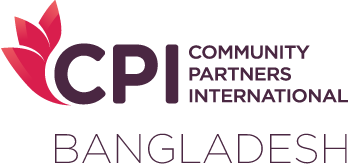
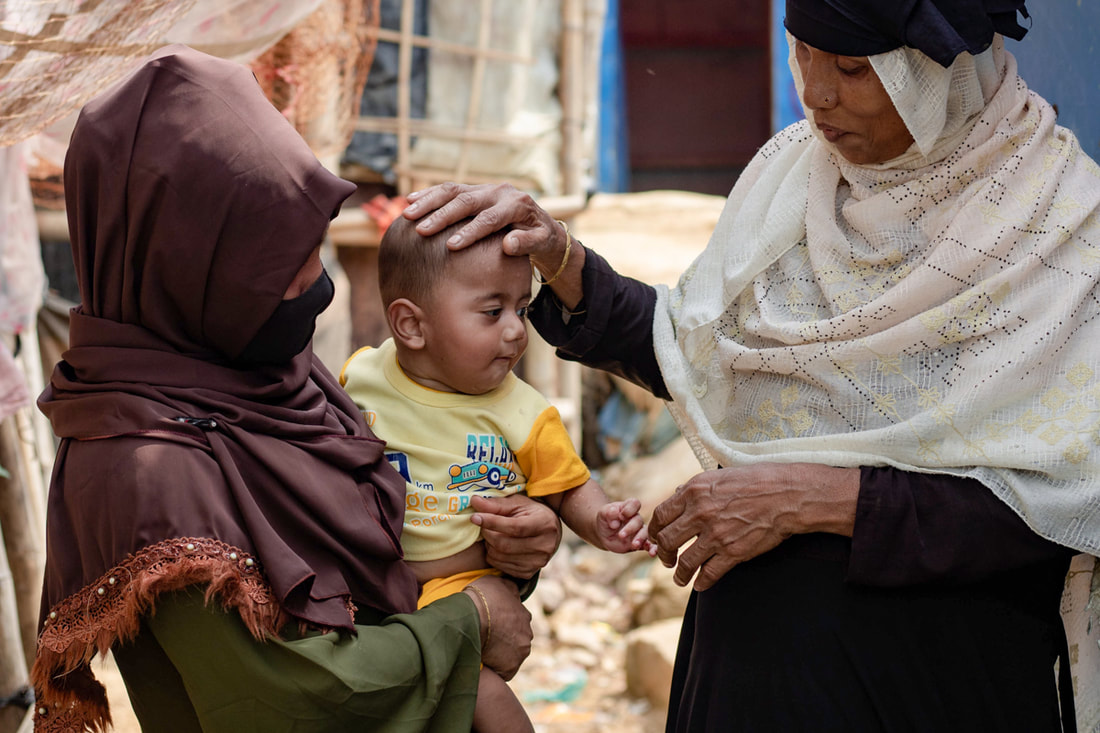
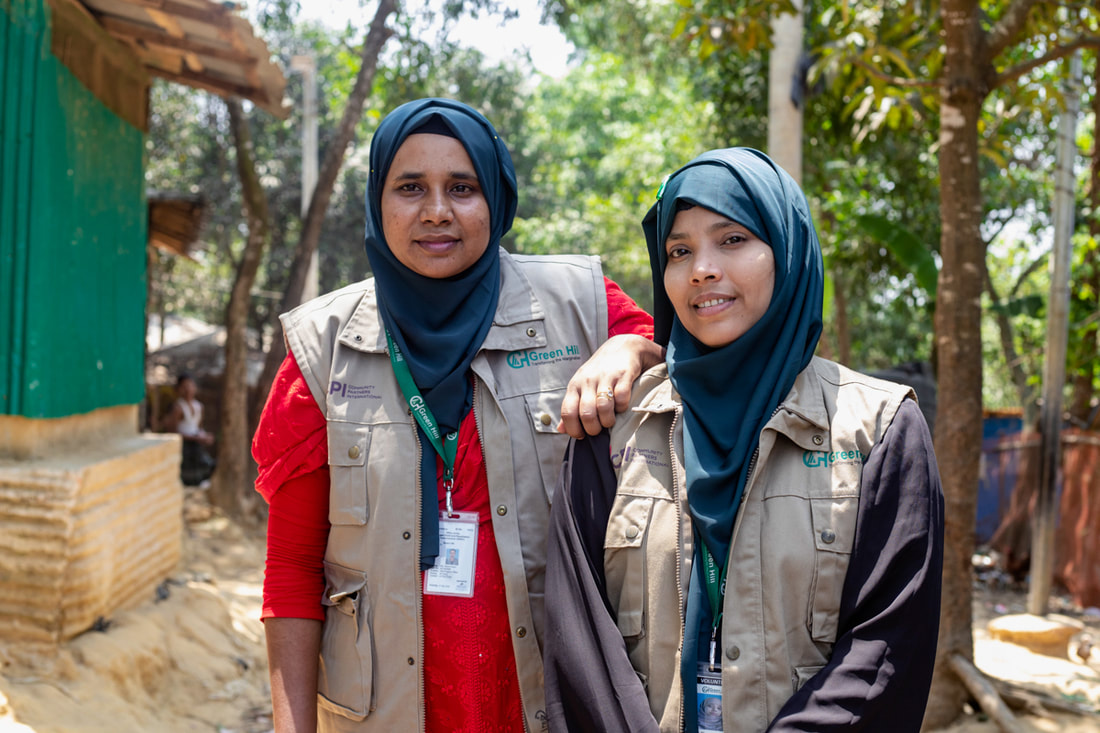
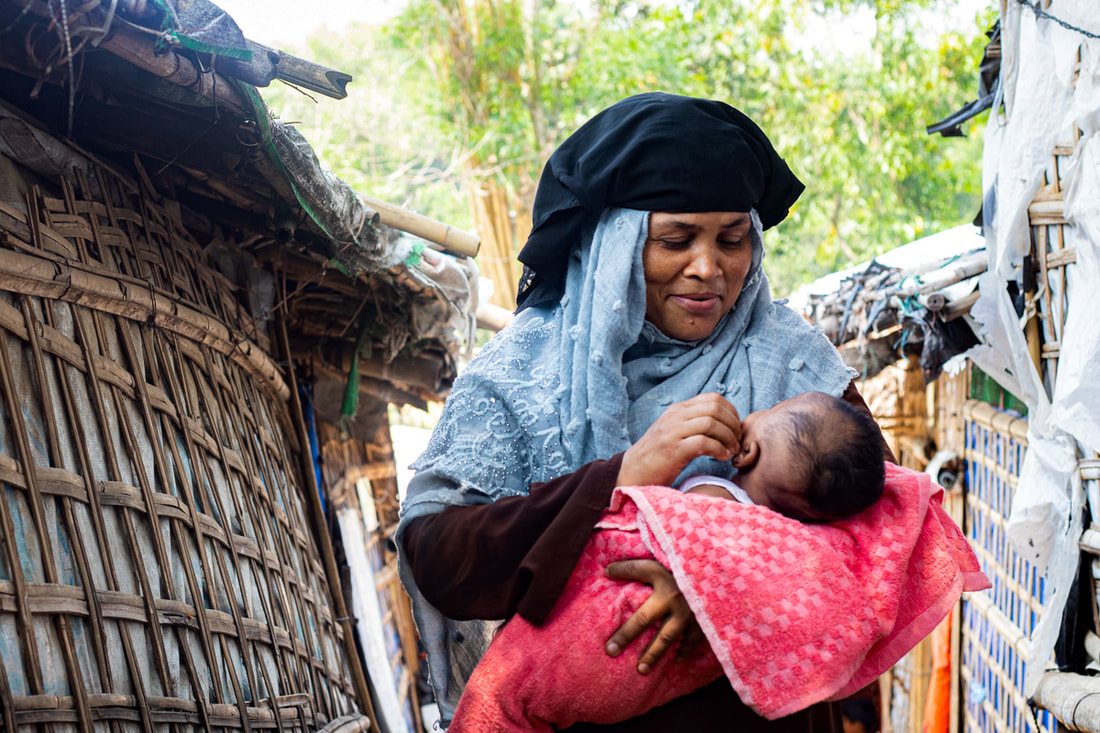
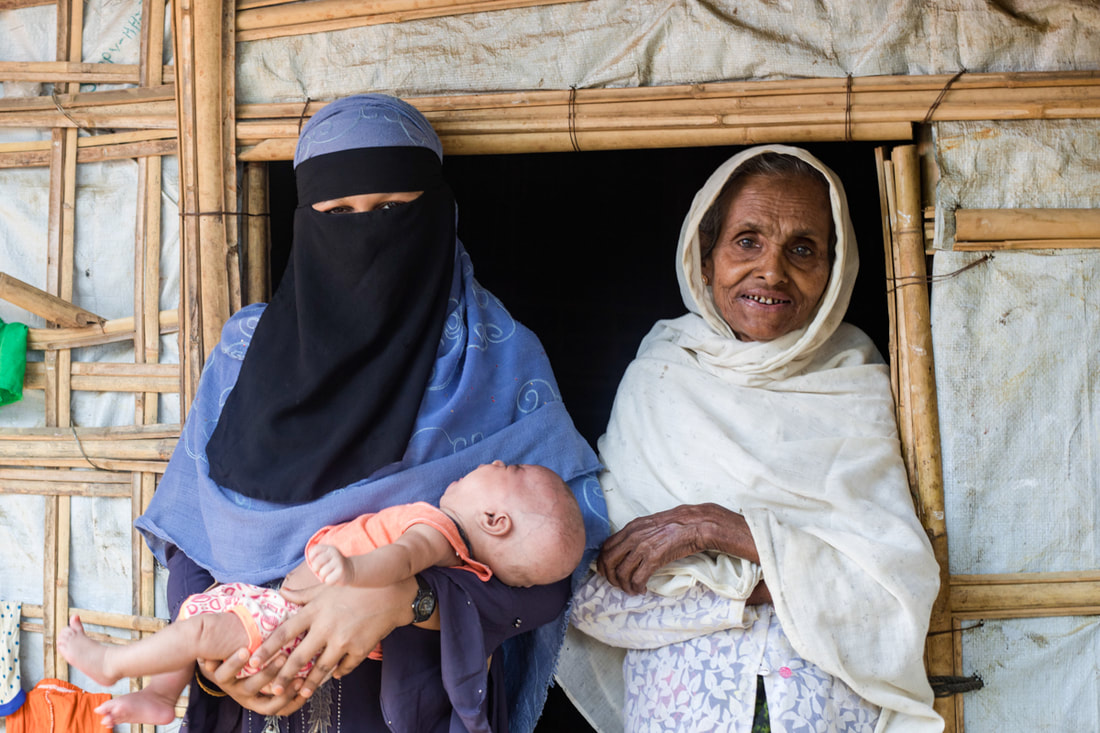
 RSS Feed
RSS Feed